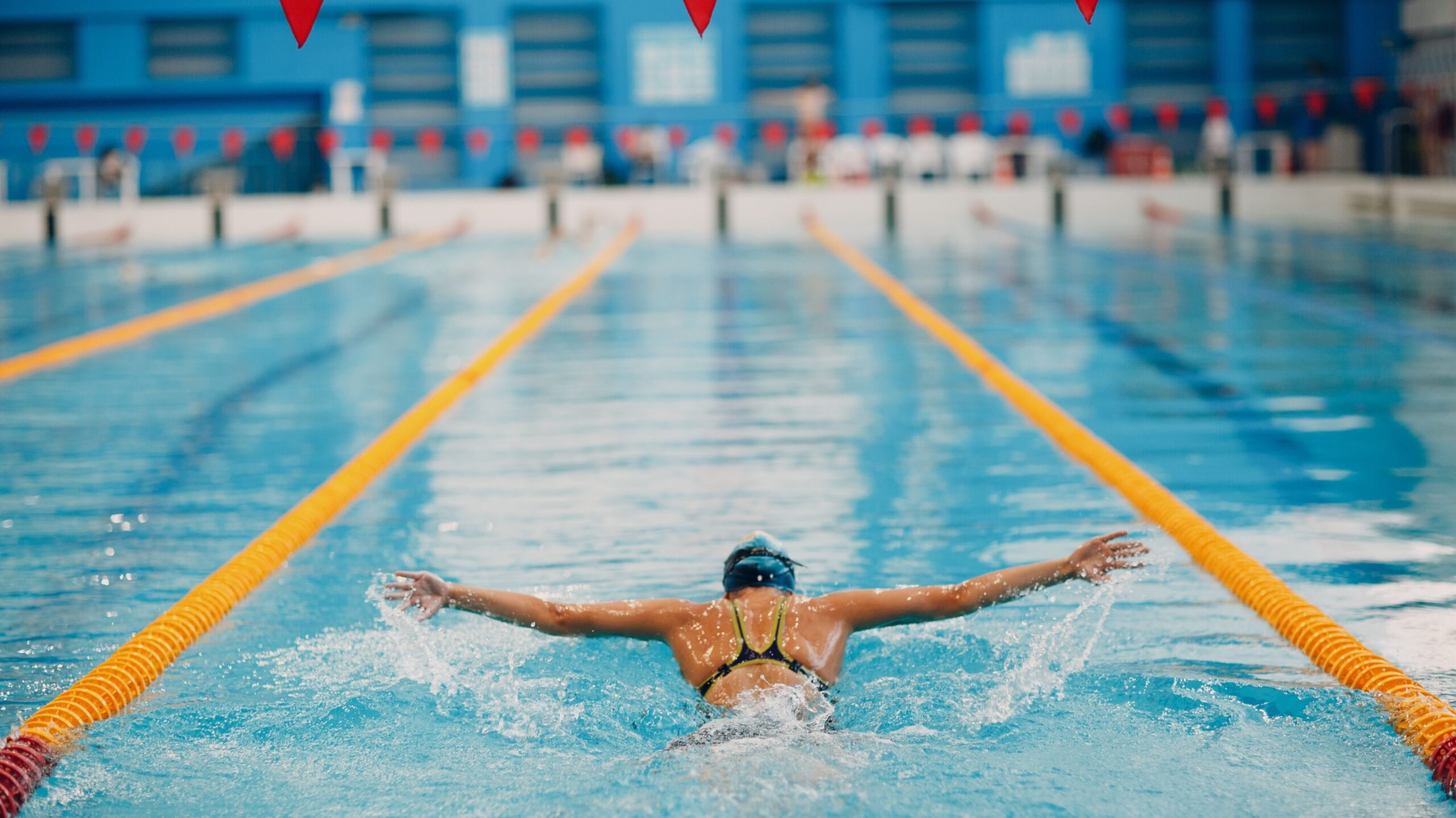Sports nutrition insights for Olympic success – What can food services learn?

As the summer Olympics kick off, we’re diving into the world of sports nutrition with insights from Nigel Mitchell, Technical Lead and dietitian at the UK Sports Institute. Nigel shares his top tips on maintaining peak performance, managing energy and hydration, the role of technology in nutrition, and offers simple, practical advice for everyone. These insights also present valuable opportunities for food service operators to refine their offerings, improve the nutritional profiles of their menus, and highlight healthy choices to their customers.
Tip 1: Maintain and fine-tune nutritional plans
Nigel emphasises that the focus now is on executing the established plans. Any significant changes this close to the competition could disrupt an athlete’s performance.
“This close to the games we’re not making any fundamental changes. It’s all about maintenance, maybe a bit of fine-tuning and tweaking. We have all the plans in place and now it’s about execution at the games.”
Tip 2: Understand and address nutritional challenges
Different sports present different challenges, and understanding these is key to optimising nutrition. Hydration strategies are particularly important for long-duration events in hot climates.
“A lot depends on the type of sport. We start by understanding the performance goals and then determine how nutrition can support those goals. For example, in heat, some athletes will be competing for several hours, whereas others will only be competing for 10 seconds. Acclimatising the body to exercise in the heat is crucial. Consuming more fluid becomes really important. An athlete in the Tour de France can get through as much as 10 litres of fluid per day!”
Tip 3: Sustain optimal energy levels
Maintaining energy balance without altering body weight is essential. This involves careful monitoring and adjusting to ensure athletes remain at their peak performance level.
“Energy balance is crucial. We aim to maintain a neutral energy balance, ensuring athletes are at their optimal body weight for performance. At this stage, we don’t want to manipulate body weight. It can be challenging as athletes reduce their exercise volume, so we need to carefully manage their energy intake.”
Tip 4: Harness technology to improve accuracy
Technology can be a powerful tool in sports nutrition, but it’s important to use it in a way that supports and doesn’t overwhelm the athlete.
“Many athletes find that using technology can enhance their ability to track macro and micronutrients. Technology offers potential benefits when used with positive intent. For some athletes, tracking their food intake through tech provides reassurance, and enables clinicians to ensure the plans they are putting forward to athletes is accurate, while others prefer a more conversational approach. Technology is there to support us, and it’s important to use it appropriately.”
Nigel Mitchell | Technical Lead Performance Nutrition
In the same way, food service businesses can utilise technology to improve their recipe management and nutritional accuracy, ultimately delivering better service to their customers.
Tip 5: Make quality foods your priority
Nigel’s advice for everyone is straightforward—focus on whole, unprocessed foods to maintain a healthy diet.
“It’s important to look at the quality of the foods that we’re eating, especially as we gain more insight into the issues related to ultra-processed foods. At the end of the day, while the science may be complex , the message is simple – eat real food, keep it simple and clean and keep it healthy.”
Hospitality businesses can apply this principle by sourcing high-quality, whole ingredients and communicating this data via digital menus to their consumers.
Nigel Mitchell
Nigel has worked in clinical nutrition and elite sport for over 25 years. He is closely associated with cycling and endurance sports, having worked with World Tour Cyclists for over 15 years. He currently supports the triathlon legends Alister and Jonny Brownlee, British Athletics, Olympic Sailing and the GB Cross Country Ski Team.
Nigel recognises and values the contribution that innovation and research provides to sports nutrition and he is currently involved in partnerships with Universities on academic and teaching projects. His academic work has ranged from molecular biology to behavioral sciences, he currently holds an academic position at Leeds Beckett University.
Nigel has written several books which focus on providing nutritional needs through food. His most recent publication The Cyclist Cookbook is a celebration of good simple foods.
Reach out to our team at Nutritics today for more information on how we can help you optimise your menu and create winning recipes here.